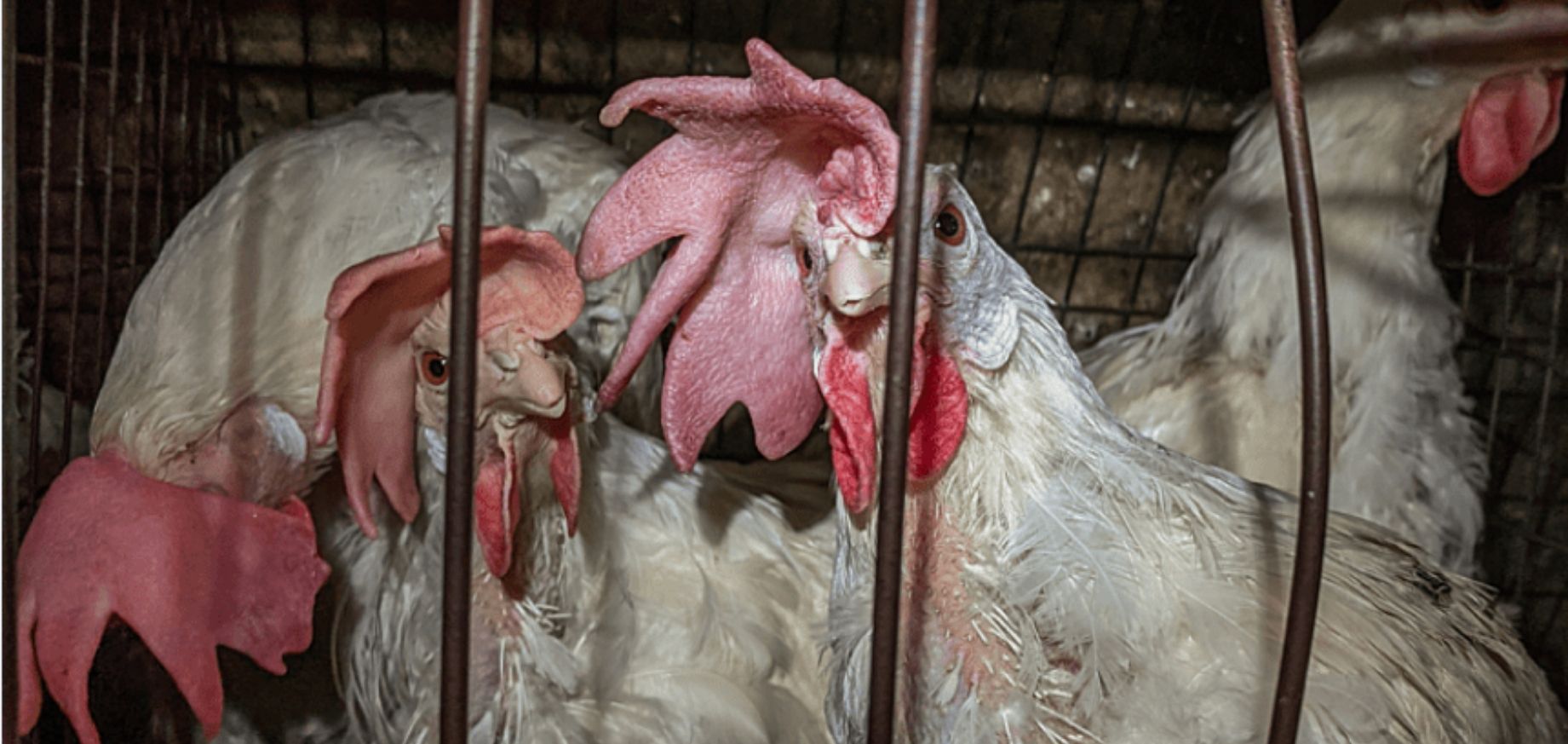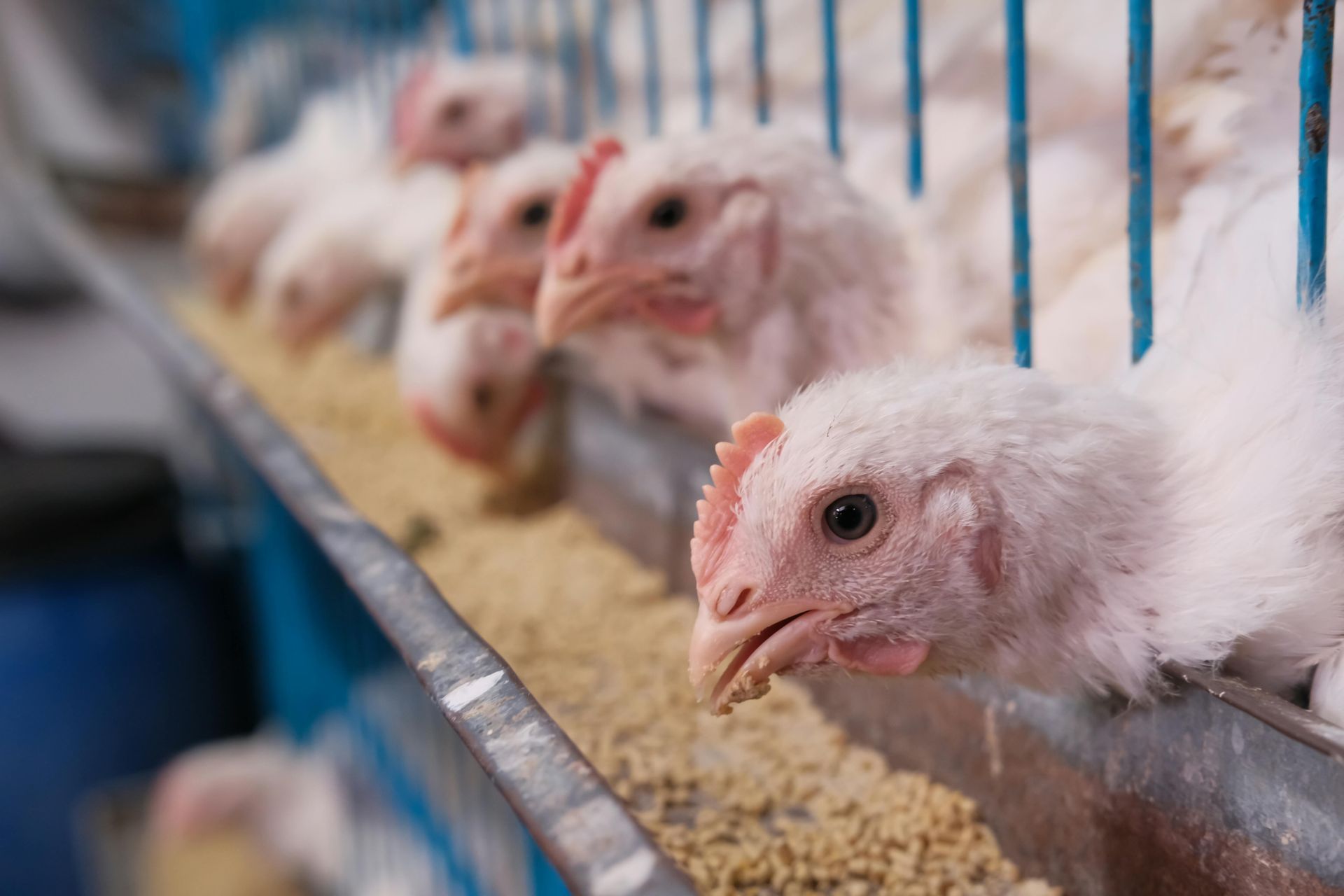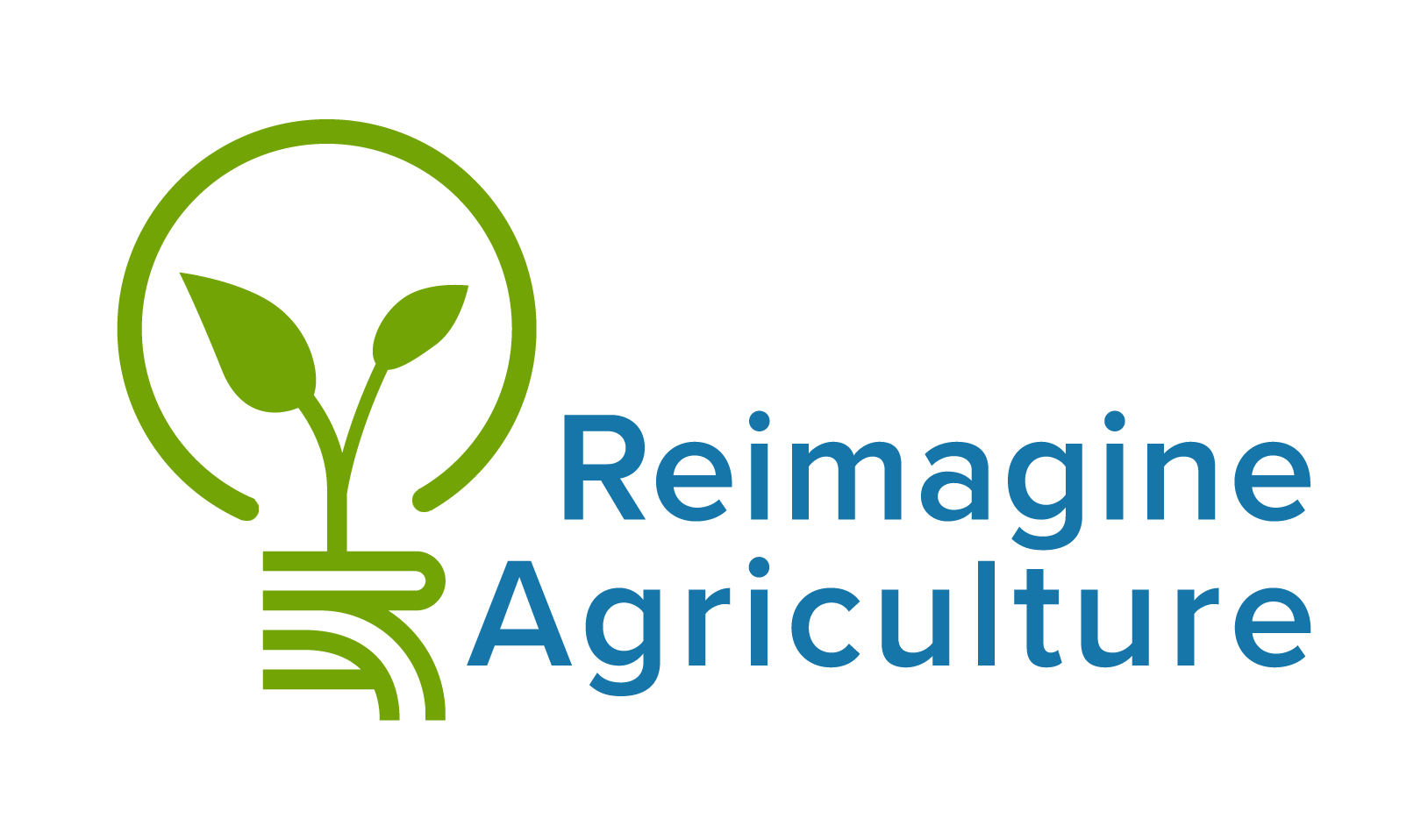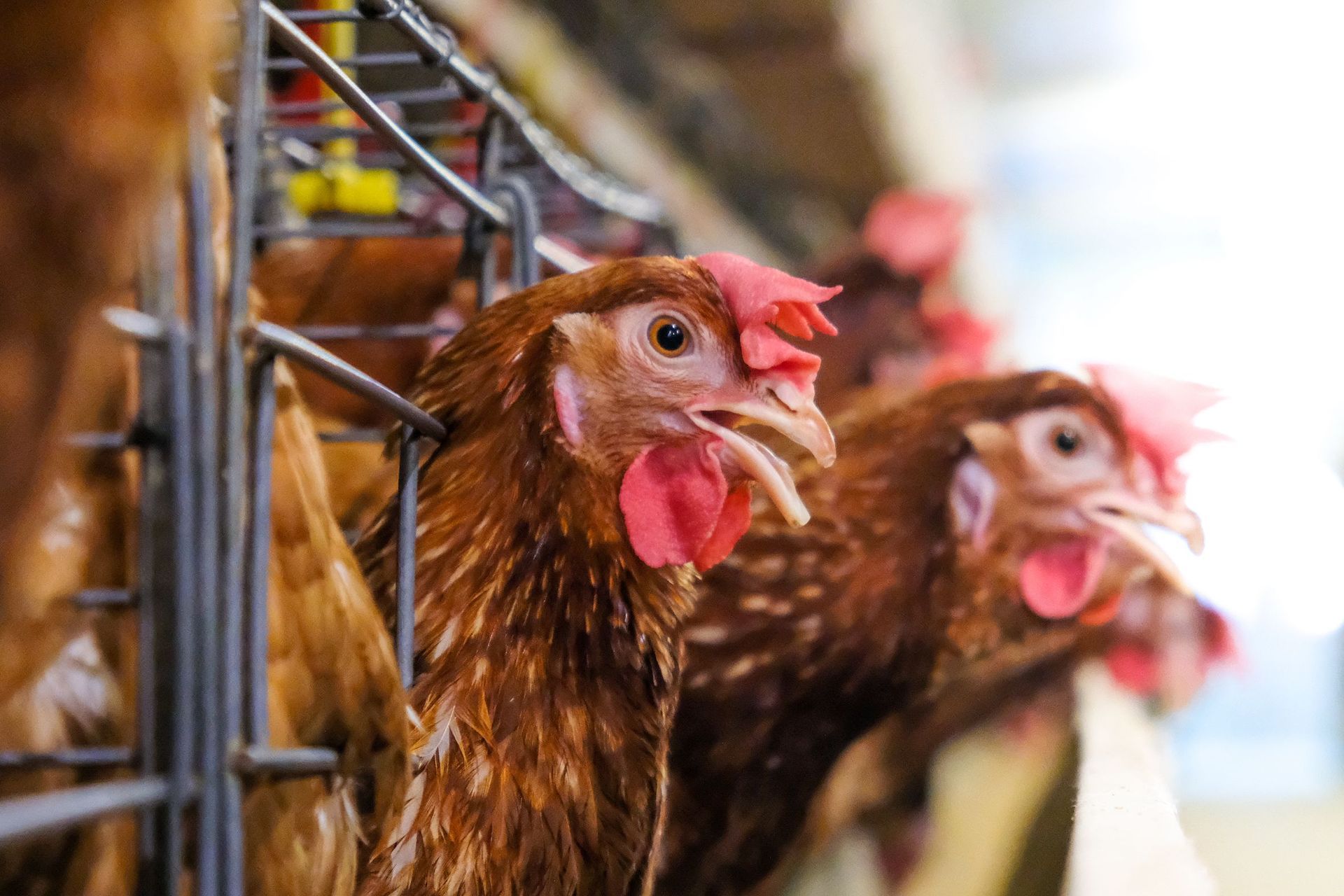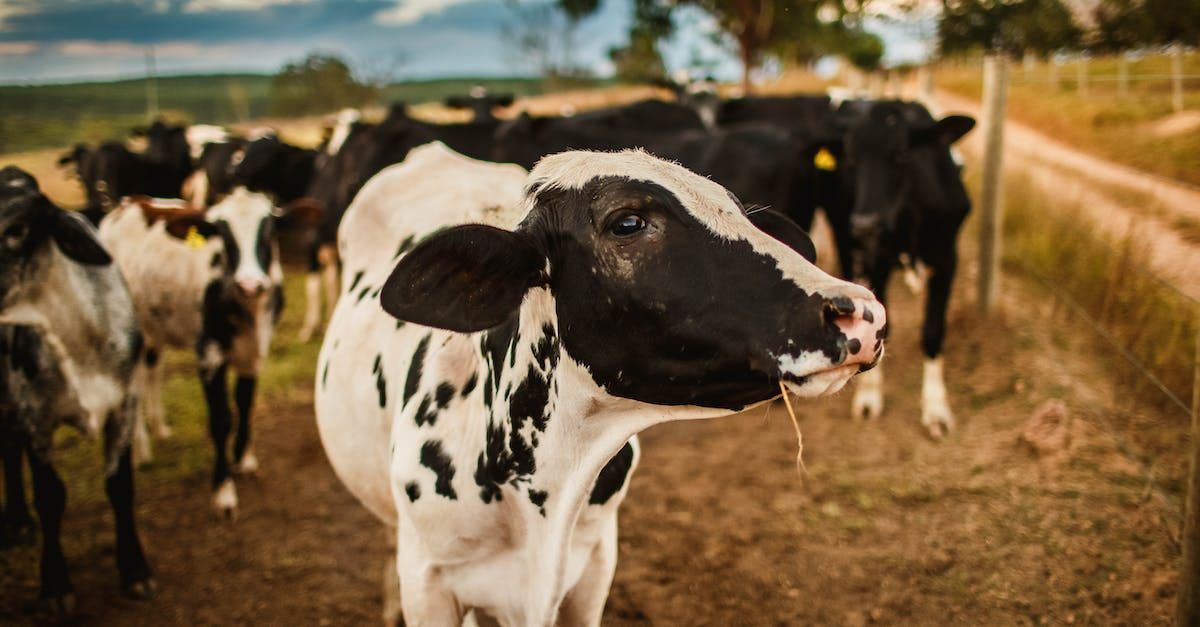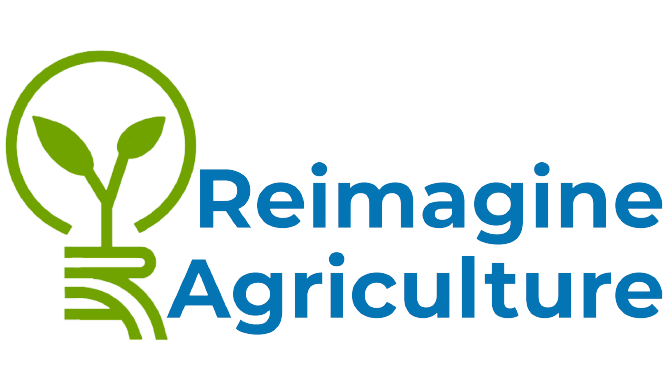China pushes ahead with bold plan on Cultivated Meat while Canada lags behind
Chinese Ministry of Agriculture's 5-Year Plan Includes Support for Cultivated Meat
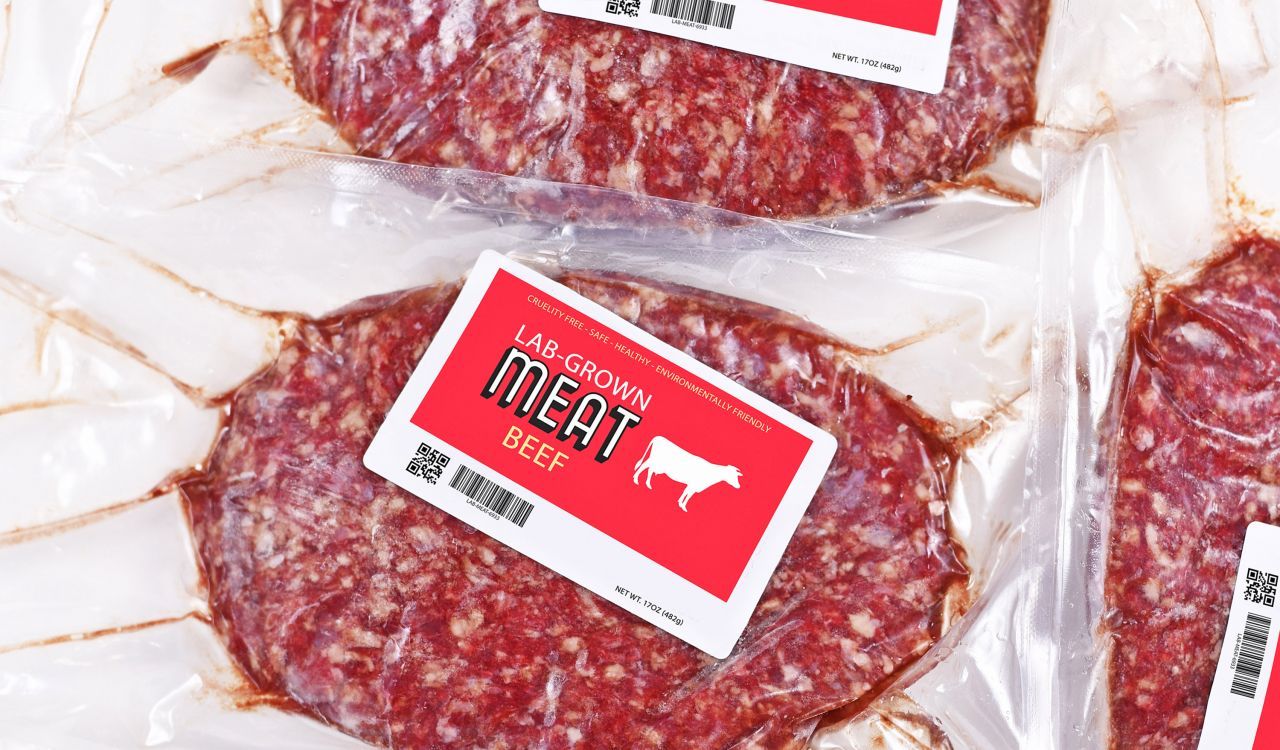
By: The Policy Campaign Team
Cultivated meat is an agricultural innovation that has been slowly gaining traction in recent years. Based on a well-established understanding of cell biology, cultivated meat technology allows us to grow real meat in a food production facility without many of the environmental drawbacks of traditional agriculture.
While much of the focus has been on research and commercialization efforts in Europe and the United States, it seems that the technology might be getting a significant funding and research boost in China. The Chinese Ministry of Agriculture and Rural Affairs has released their new 5-year plan, where they make reference to supporting innovation for cultivated meat, part of a package of “frontier and cross-disciplinary technologies.” Such statements suggest that further financing and support is coming - building on existing
announcements made last year of three-year research funding for “High-efficiency biological manufacturing technology of artificial meat.”
China’s 5-year plans set out the economic and political objectives for the country across the full spectrum of government departments and policy areas (e.g., energy, agriculture, education). The current plan (2021-2025) is the 14th since their introduction in 1953. While initially setting out rigid quotas for economic outputs (e.g., grain production), they have become more relaxed over the years. They are now
described as being closer to manifestos, or party platforms. Despite this they still have considerable weight in deciding the direction and activity of China’s public and private sectors.
While they are not always wholly successful, China’s 5-year plans have a track record of leading rapid growth and expansion in target industries and technologies. For example, their 2016-2020 renewable energy plan propelled growth in their clean energy sector resulting in the nation exceeding ambitious 2020 targets for wind, solar and hydroelectric capacity generation. China installed more wind capacity in 2020 (71.67 GigaWatts) than the rest of the world combined in 2019 (60.4 GigaWatts).
China’s new 5-year plan could well result in similar rapid innovation and growth for the cultivated meat industry. This technology presents many health, social, economic and environmental advantages over traditional meat production - resulting in widespread global benefits. Current animal agriculture is a water, energy and land intensive process propelling deforestation globally, resulting in the loss of essential carbon sinks and biodiversity. Animal agriculture also propagates antibiotic resistance, zoonotic disease, and foodborne illness resulting in severe health implications affecting millions of people.
Canada’s agricultural industry is globally recognized and trusted, rendering it a top exporter for commodities such as canola, beef, veal, vegetables and poultry. The sector also has high domestic value, providing
2.1 million jobs in 2020 and contributing $139.3 billion to Canada’s GDP. With global protein production shifting to new sustainable technologies like cultivated meat, Canada’s lack of investment in the industry risks their global leadership status against major competitors like China.
To compete in the global market and ensure domestic food security, Canada must invest in cultivated meat. The nation has already strongly invested in plant-based protein alternatives like pulses and canola. The industry is supported with a potential of
$173 million earmarked in funding allowing the creation of 4500 jobs over ten years, yet funding for cultivated meat remains absent from the federal government. As development of a cultivated meat industry is expected to take upwards of five years, Canada must begin investing and innovating now.
Initial support needed for the development of this sector is straightforward. Adequate federal funding must be ringfenced for start-up and academic research to develop cultivated meat technology. This will ensure that necessary financing, foundations and government oversight are in place to see benefits felt across the nation. In addition, development of clear regulations will support job creation and educational opportunities by ensuring cultivated meat products can be lawfully brought to market. Creation of safe, ethical and sustainable jobs and educational opportunities through cultivated meat will increase Canada’s economic status while allowing us to compete in this rapidly growing global innovation.
Canada has a fleeting opportunity to reap the benefits of cultivated meat. The technology will allow the nation to meet environmental targets, reduce domestic health expenditure, ensure food security and improve its global economic status. We must invest now and plant the seeds of innovation that will allow Canada to reap these long-term benefits.
